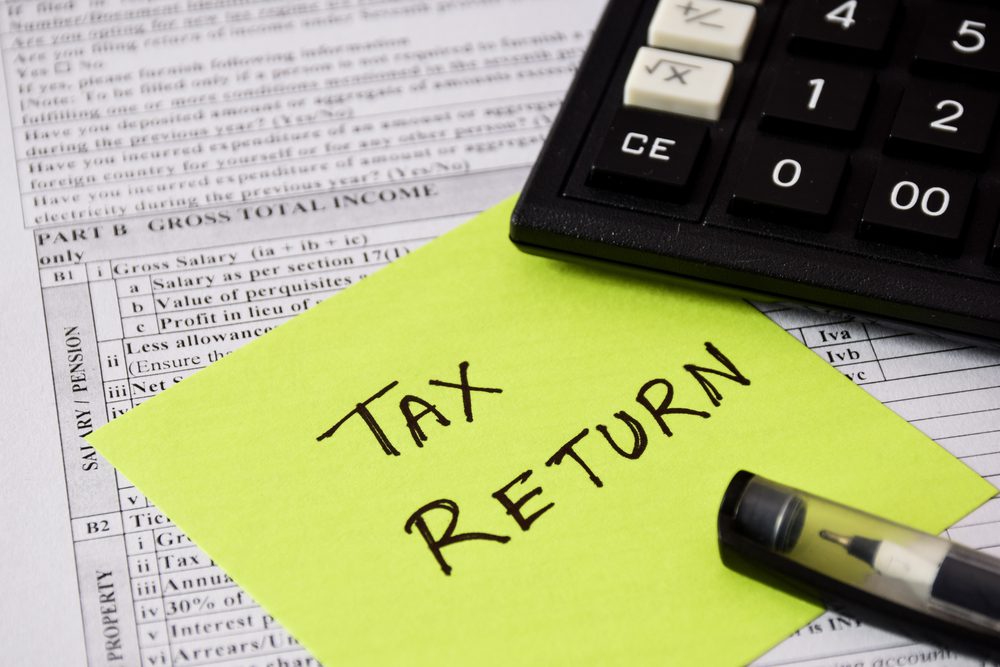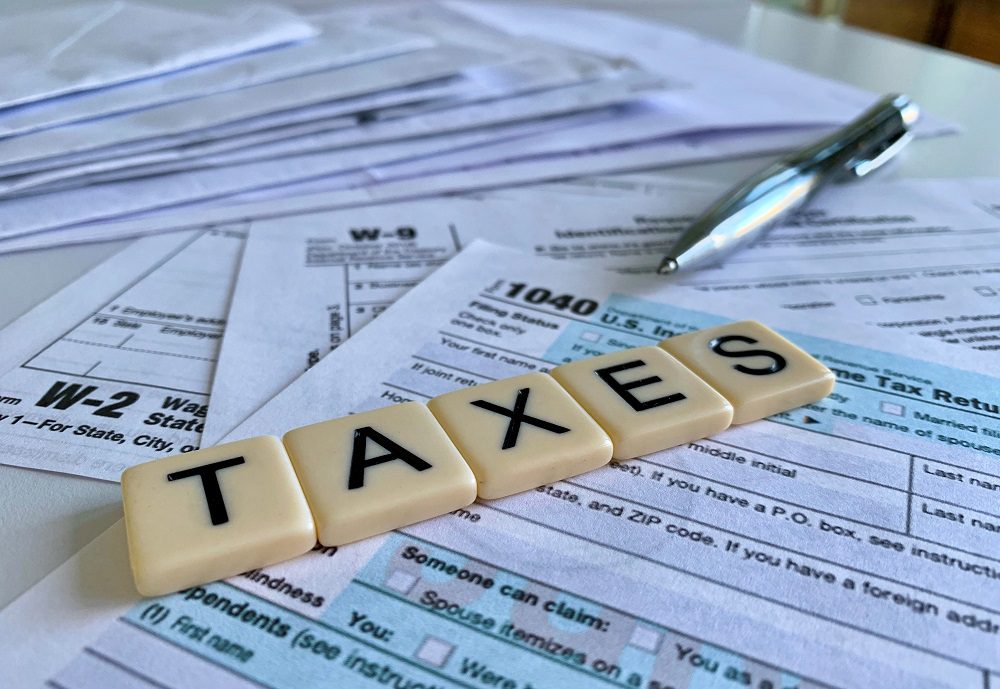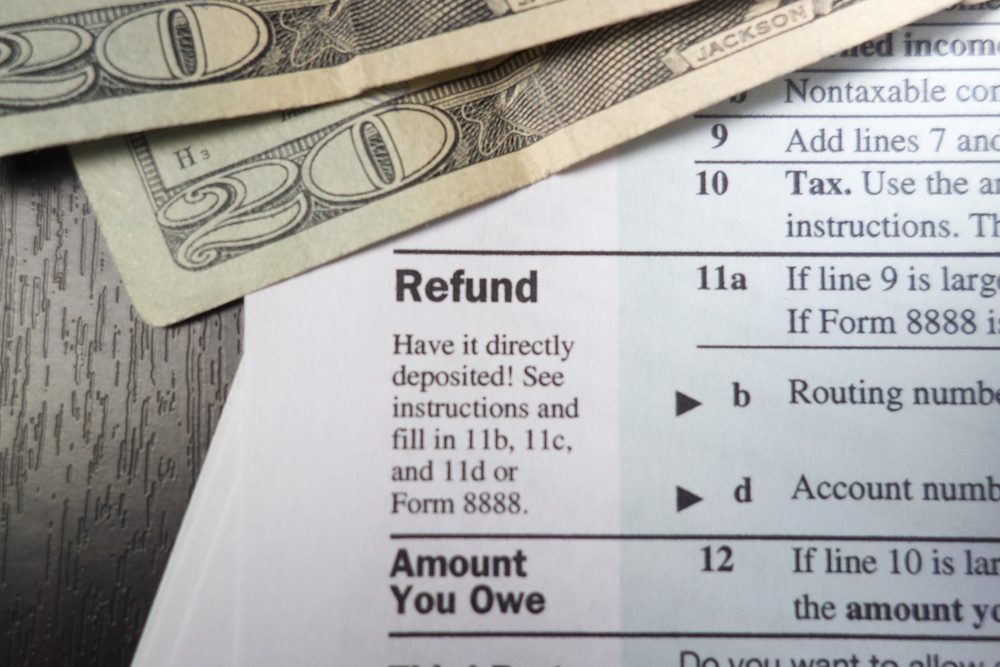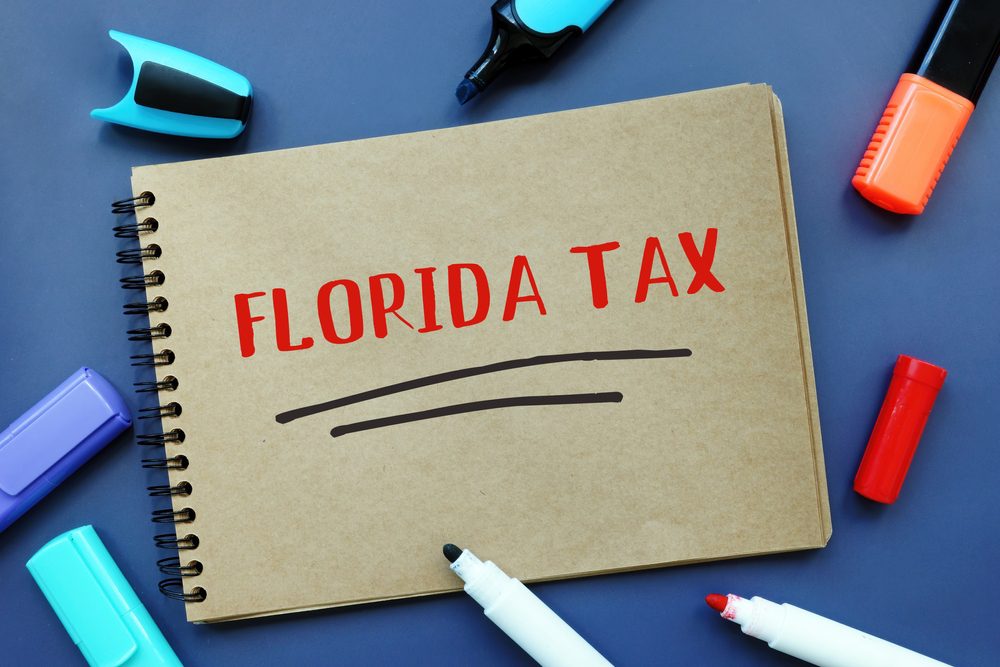
How will Kamala Harris change our economy, if elected?
On this year’s campaign trail, Vice President Kamala Harris is pitching herself as nothing less than a champion of the middle class. She argued time and time again that her economic policies would finally provide the long-awaited relief, especially since inflation and rising living costs dominate voters’ concerns.
Her strategy involved banning price gouging, promoting housing affordability, and reducing healthcare costs. On top of that, it also implies revising former President Donald Trump’s signature tax cuts, which economists believe have benefitted corporations and higher-income taxpayers.
As Harris said herself, “We will make what I call an opportunity economy. An opportunity economy where everyone has the chance to compete and also a chance to succeed. On the other side, Trump is casting Kamala’s policies as radical and too far left.
Some economists even worry that the implementation of such proposals could ultimately lead to labor market disruptions and uncertainty for many businesses out there. Harris also frames herself as a capitalist who strongly believes in an “active partnership between government and the private sector.”
Well, we decided it’s worth debating once again the future of our economy if the Democratic nominee gets hold of the “reins of the kingdom”:

Promote affordable housing
Since we mark interest rates constantly on the rise, many of us can’t help but feel the pinch when it comes to homeownership. The current landscape didn’t help much, in all fairness. In fact, it created a scarcity of housing options for potential buyers, especially since those with favorable mortgage rates are quite hesitant to sell.
Harris’s plan also includes providing up to $25,000 in down payment assistance for first-time homebuyers, which her campaign says could help around 4 million Americans secure homes over the next four years.
The plan would also imply a $10,000 tax credit for first-time homebuyers. The nonpartisan Committee for a Responsible Federal Budget (CRFB) also estimates that the first-time home buyer credit would definitely raise the federal deficit by a minimum of $100 billion over 10 years.
But Harris made way more than that. She proposed building 3 million new housing units by coming up with a first-ever tax incentive for builders of starter homes, targeted at first-time buyers. That would imply establishing a $40 billion “innovation fund” to help local governments build more affordable housing. Harris could also expand an existing tax incentive for building affordable rental housing.
However, some economists are reluctant when it comes to this, arguing that her plan could potentially boost demand before supply could even catch up and put even more pressure on prices. “I believe it would benefit homeowners as opposed to homebuyers,” as Carl Schramm, an economics professor at Syracuse University, explained.
Harris’ housing plan would also include proposals to lower rent costs by effectively blocking landlords from using algorithm-driven price-setting tools. Plenty of them do that to set rents and remove tax benefits for investors who go on and buy large numbers of single-family rental homes.
Reduce healthcare costs
A Harris presidency would probably build on the Biden Administration’s efforts to reduce healthcare costs. She did propose in the past a sheer number of measures meant to help Americans save on treatment, like expanding the federal government’s authority to negotiate drug prices or extending tax credits to offset insurance premiums, as well as expanding healthcare benefits to cover at-home senior care.
Harris calls to expand the current $35 monthly cap on out-of-pocket costs for insulin, as well as the upcoming $2,000 annual cap on out-of-pocket prescription drug costs to all Americans, not only seniors on Medicare. Since Medicare can efficiently negotiate prices directly through drugmakers, one of the key features of Biden’s Inflation Reduction Act, Harris promised to speed up the negotiations in question, so the costs of more medications come down faster.
The Biden Administration recently announced the first round of negotiations, which is expected to reduce out-of-pocket costs for seniors by $1.5 billion when the lower prices take effect in 2026, and will result in $6 billion in savings for Medicare. Harris also said that she’d use some of those savings to establish a “Medicare at home” type-of-program, that would effectively cover long-term home-care services (like in-home aides).
This way, seniors could get the needed support without actually going to a nursing home. The plan is also part of her pitch to middle-aged voters who are at the moment grappling with the dual cost of raising children and attending to their aging parents.
Harris declared in an interview that she took care of her own mother when she was sick, after being diagnosed with cancer. “There are many people in this country who are right in the middle. They take care of their kids and they also take care of their aging parents, and it’s close to impossible to do everything.”
Raise taxes on the wealthy
Given the fact that the provisions of Trump’s signature tax cuts are set to expire in 2025, the next President will automatically play a significant role in the upcoming tax fight. Harris’s plan also involves tax cuts for lower- and middle-income households, especially through expansions of the child tax credit and earned-income tax credit.
Her proposals also mimic those outlined by Biden’s most recent budget proposal, which would automatically raise close to $5 trillion in new revenue over a decade, by simply raising taxes on the wealthy and large corporations.
She supports increasing the corporate tax rate to 28% from its current 21%, a move meant to bring in around $1.4 trillion over the next ten years, according to some estimates by the CRFB. Even so, some economists warned that low corporate taxes are needed in order to keep the U.S. competitive and, in the end, a desirable place for multinational companies to conduct business.
Harris also suggested raising the long-term capital gains tax rate to 28% for individuals earning more than $1 million, up from the current 20% rate but lower than President Biden’s proposed 39.6%.
She’d also impose a wealth tax on taxpayers with a net worth of a minimum of $100 million but has nevertheless pledged not to raise taxes on any household earning less than $400,000 on a yearly basis. Just like Trump, Harris also promised to end federal income taxes on tips.

Raise the minimum wage
Harris advocated plenty of times for a higher minimum wage and also to eliminate the tipped minimum wage, which is, at the moment, at $2.13 an hour federally. Discussing to reporters on October 21, the Vice President described the current minimum wage as “poverty wages.”
She also added that it needs to be raised, even if she didn’t specify the exact amount she would raise it. The minimum wage is for now set at $7.25 an hour federally. There’s a study conducted by the Congressional Budget Office (CBO) released in December 2023, which found that raising the federal minimum wage to $17 an hour by July 2029 could increase the wages of over 18 million people, as well as put about 700,000 Americans out of work. Separate CBO data shows that raising the minimum wage would automatically boost deficits by roughly $50 billion over a decade.
Ban price gouging
To efficiently combat high prices, Harris also proposed a ban on price gouging by food suppliers and grocery stores. This is an initiative meant to mimic existing state laws that prevent drastic price hikes during emergencies.
As progressive Democrats easily embraced the proposal, it has faced pushback from Republicans and many other economists out there who likened it to a Soviet-style price control. The Harris campaign hasn’t announced just yet the specifics of how the ban would be enforced, and it would also require cooperation with Congress to become an established law.
Many states already have a set of laws that ban price gouging, but there’s still no federal law against it.
If you found this article interesting, we also recommend checking: Don’t Make These 5 Common Mistakes at Kroger!









